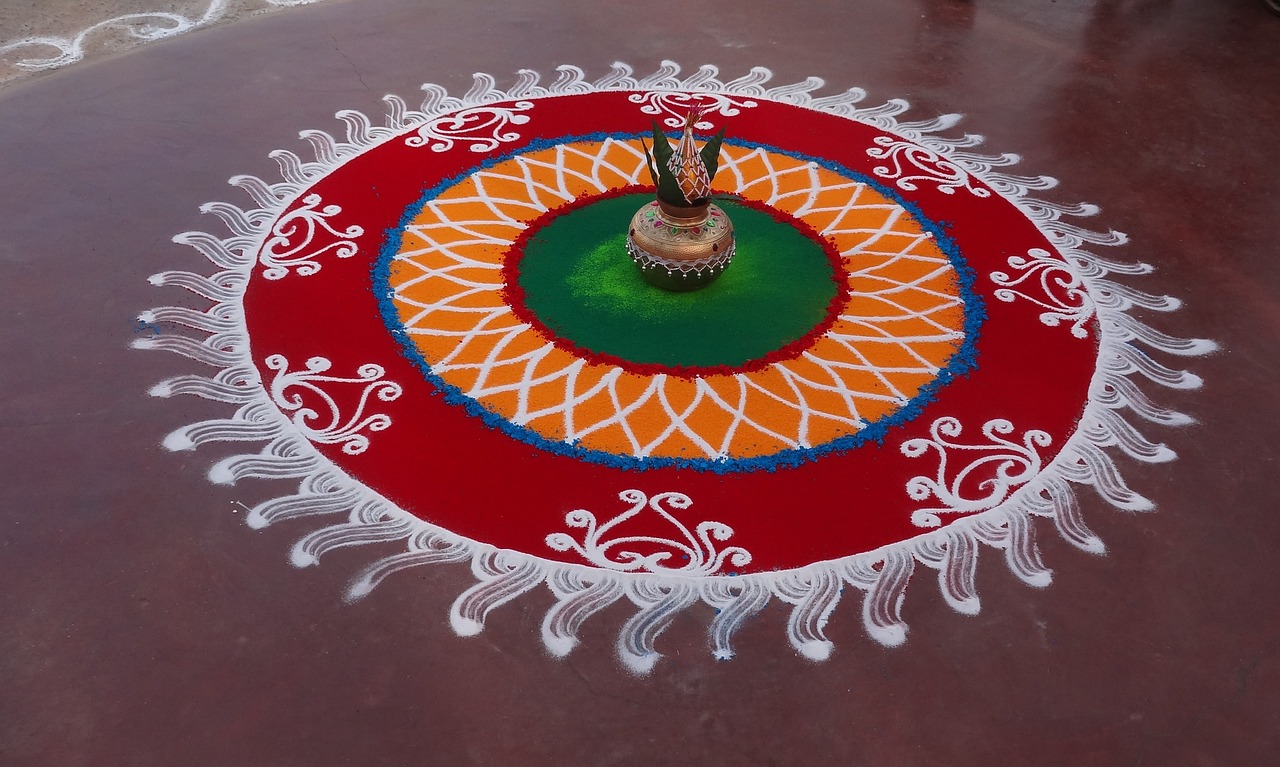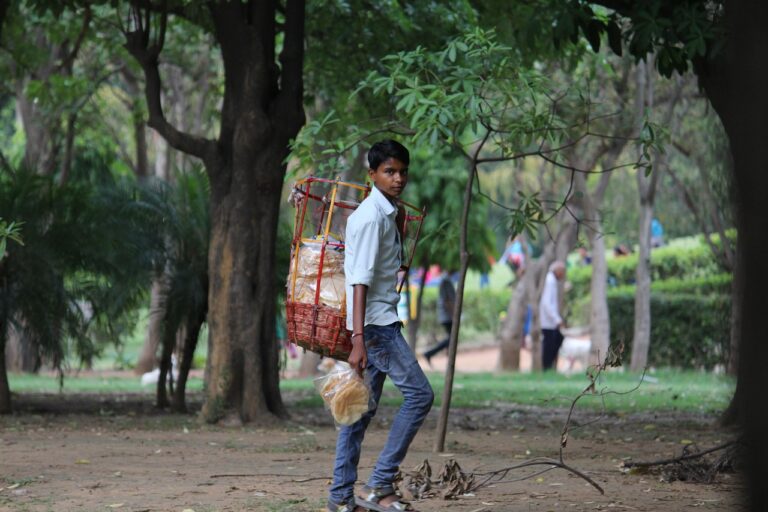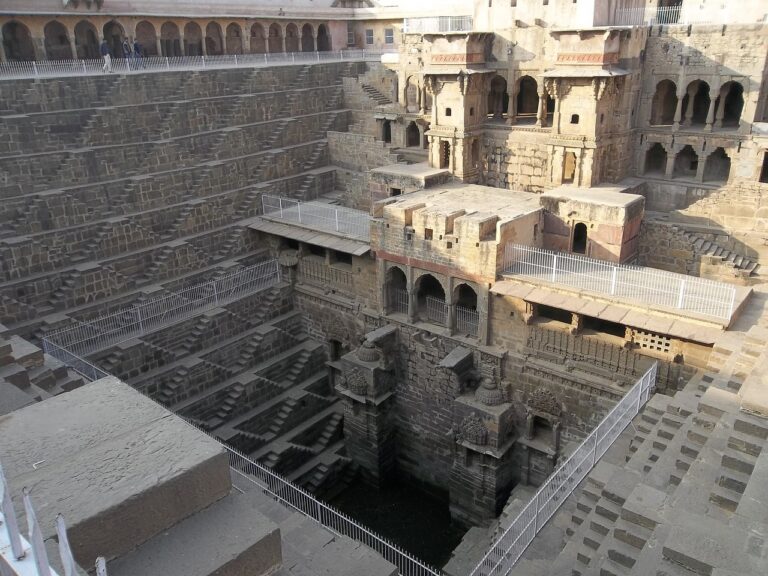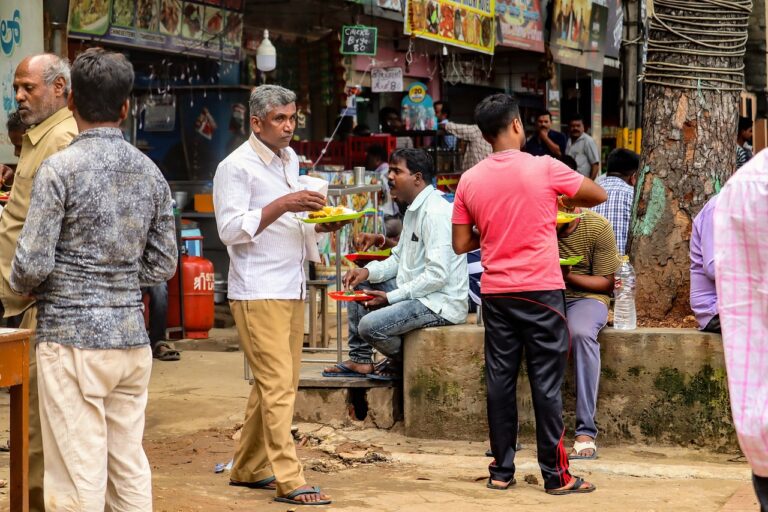Voter ID Verification: Challenges for Voters in Refugee Camps: 247betbook, Radhe exchange login, World 777 id
247betbook, radhe exchange login, world 777 id: In today’s world, voter ID verification is a crucial aspect of the democratic process. It ensures that only eligible voters have the right to vote and helps prevent fraud. However, for individuals living in refugee camps, obtaining and providing valid identification can be a significant challenge.
Refugee camps are often temporary settlements that lack basic resources and infrastructure. Many residents of these camps have fled their homes due to conflict, persecution, or natural disasters, leaving behind important documents such as birth certificates, passports, and driver’s licenses. As a result, verifying their identity and eligibility to vote can be a complicated and time-consuming process.
1. Lack of official identification
One of the most significant challenges faced by voters in refugee camps is the lack of official identification documents. Without a valid ID, individuals may be unable to register to vote or cast their ballots on election day. This can disenfranchise them and undermine the integrity of the electoral process.
2. Difficulty obtaining ID documents
Even if individuals in refugee camps have some form of identification, obtaining official documents can be a daunting task. They may need to navigate bureaucratic processes, travel long distances to government offices, and pay fees that they cannot afford. In some cases, their home countries may not even issue IDs to refugees.
3. Language and literacy barriers
Many residents of refugee camps come from diverse linguistic and cultural backgrounds. They may not speak the official language of the host country or be able to read and understand the forms and instructions required for ID verification. This can lead to confusion and errors in the registration process.
4. Limited access to technology
In today’s digital age, voter registration and verification often require access to technology such as computers, smartphones, and the internet. Unfortunately, residents of refugee camps may have limited or no access to these resources, making it difficult for them to complete online forms or verify their identity electronically.
5. Insecurity and fear of persecution
Refugees living in camps may also face security concerns that prevent them from venturing outside to obtain ID documents. They may fear persecution or retribution from authorities in their home countries or host countries if they are identified as political dissidents or refugees.
6. Lack of awareness and education
Many individuals in refugee camps may not be aware of their rights as citizens or the importance of voting in elections. They may lack access to information about the electoral process and how to verify their identity to participate in voting.
Overall, voter ID verification poses significant challenges for residents of refugee camps. It requires a coordinated effort from governments, international organizations, and non-profit agencies to ensure that all eligible voters have the opportunity to participate in the democratic process.
FAQs
Q: Can refugees in camps vote in local elections?
A: The eligibility of refugees to vote in local elections varies depending on the laws of the host country and the regulations of the electoral commission.
Q: What alternative forms of ID can be accepted for voter verification?
A: In some cases, alternative forms of identification such as a letter from a reputable organization, a witness, or a community leader may be accepted for voter verification in refugee camps.
Q: How can governments improve access to voter ID verification for refugees?
A: Governments can improve access to voter ID verification for refugees by providing mobile registration services, waiving fees for ID documents, offering language assistance, and ensuring the security and confidentiality of voter information.







